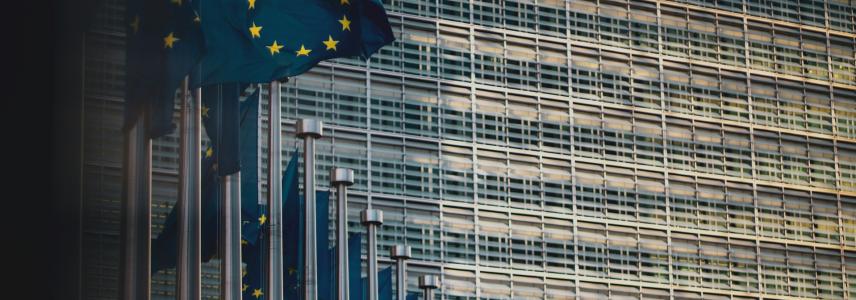5 tips for coffee traders to prepare for the EUDR

Did you know that Europe stands as the largest market for green coffee globally? That's why the new European Union Regulation on Deforestation-free Products (EUDR) is set to greatly impact the industry. As EU companies prepare to align with these important regulations, read the following tips to prepare yourself for the European coffee market.
EUDR requirements
From 30 December 2024 onwards, coffee exporters can only sell on the EU market if the coffee meets EUDR requirements. Coffee must be:
- Deforestation-free;
- Produced under the legislation in the producing country; and
- Covered by a Due Diligence statement.
Companies must share the geolocations of the coffee’s origin.
1. Provide the needed information
The EUDR requirements do not apply to producers and exporters from producing countries. Still, they have to provide EU traders with accurate information. Producer groups and farmer associations can assist farmers with geolocation mapping and traceability. This enables them to provide all the needed information to buyers. Under the territorial approach, operators are fully responsible for compliance for all plots with a given geolocation. Learn more about this approach in our EUDR study.
2. Work with others and find resources
The EU provides many supportive services and systems to meet the EUDR regulations. An example is the Team Europe Initiative on Deforestation-free Value Chains. With AgriChains, this organisation builds deforestation-free coffee supply chains in Colombia, Ethiopia and Indonesia. Many tools, resources and service providers are available to help you comply. Examples are:
- Beyco;
- Farmforce;
- Frontierra;
- Global Traceability;
- Koltiva;
- Meridia Verify;
- Nadar;
- Satelligence;
- Single.Earth;
- Sourcetrace;
- Taroworks; and
- Terra-i+.
Also, voluntary sustainability programmes like Rainforest Alliance, Fairtrade, 4C and Enveritas can support you. The coffee sector works on compliance through the Global Coffee Platform. Organisations such as the International Coffee Organization help to inform and raise awareness.
3. Use the EUDR to gain a competitive advantage
If you are proactive in EUDR preparations, that can benefit EU buyers. Being prepared can set you apart from competitors and strengthen your business relationships. Having the information available can lead to new business opportunities and grow your customer base. It can help build relationships and show buyers you can deliver.
4. Be aware of a costly process
Ensuring that the coffee you sell meets the EUDR regulations will cost money. This includes costs of:
- Geolocation mapping;
- Data collection; and
- Traceability.
At the moment, it is not clear how much full EUDR compliance will cost because the EUDR has not yet come into effect. But, it is important to estimate the costs of compliance. Not only your costs, but also the costs to support the producers who must make extra efforts.
5. Pioneer in fighting climate change
The most important reason to prepare for the EUDR is to help reduce deforestation. Climate change is one of the biggest challenges of our times, and deforestation is one of the leading causes. Coffee exported to the EU causes 7% of deforestation. The EU is taking action to address these issues and fight climate change through changes in regulations. So, as an exporter, ensuring that your coffee meets the EUDR regulations helps fight deforestation.
Learn more
Find out more about the EUDR by watching the recording of the recent webinar on how to become EUDR compliant in the coffee sector. Also, read our market study on the demand for coffee in Europe.
Long Run Sustainability wrote this news article for CBI.
Stay informed
To stay informed on the latest developments in the coffee sector, subscribe to our newsletter.